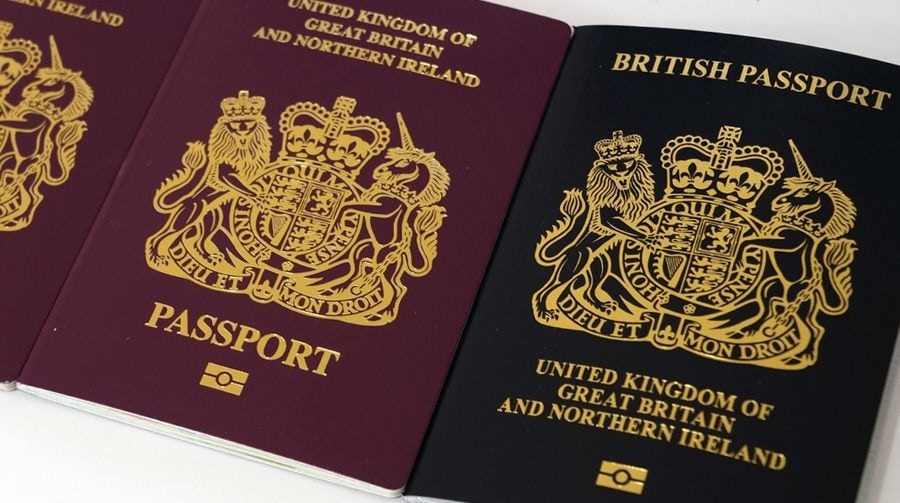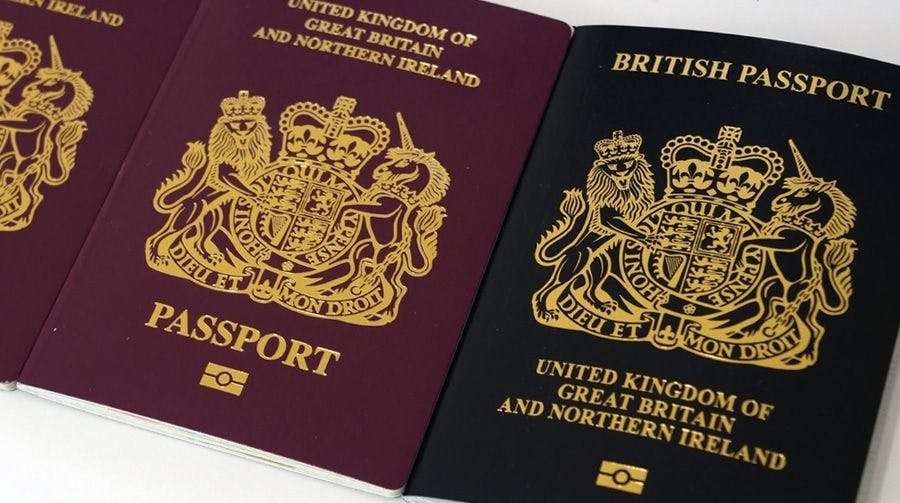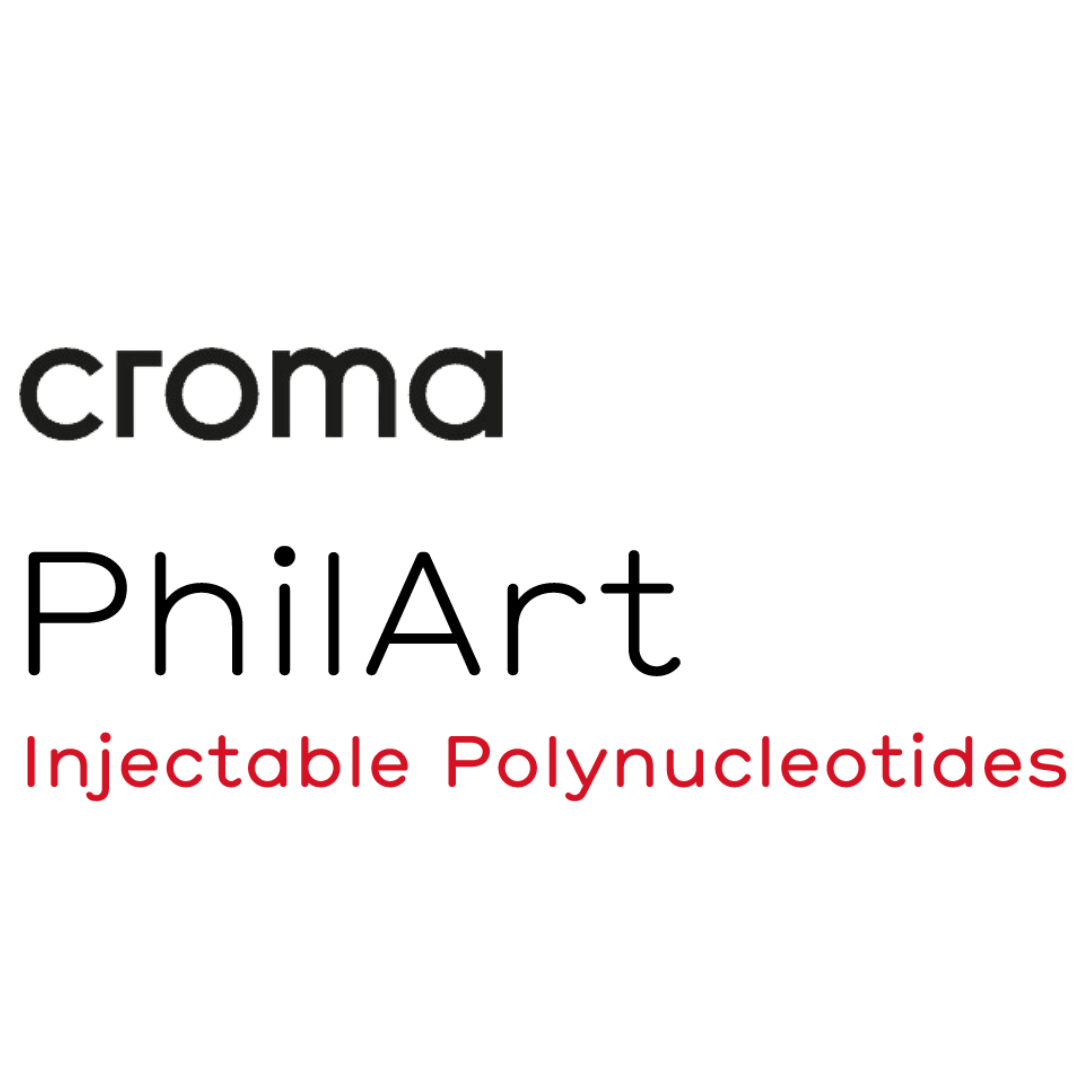Brexit And The UK Aesthetic Medicine Industry

Although the UK left the European Union on 31 January 2020, the transition period ends on 31 December 2020.
Despite the looming deadline, much of the requisite legislation, as it pertains to aesthetics practitioners and injectable treatments, has not yet been passed.
With so much uncertainty surrounding new regulations and requirements, below we look at what Brexit means for the UK aesthetic medicine industry.
We will continue to update this article with the latest information as it becomes available.

Can medical professionals who trained in the EU continue to practice in the UK after Brexit?
Yes – an April 2019 government statement confirmed that medical staff with professional qualifications obtained in the EU or Switzerland remain eligible to work in the UK after Brexit.
GMC registrations will not be affected.
A voluntary European Temporary Leave to Remain (Euro TLR) scheme has been put into place for EU citizens living and working in the UK. This took effect from 31 January 2020 and the last date you can apply is 31 December 2020. You must be in the UK when you apply and the application involves identity, criminal and security checks. It is free of charge. This system assumes a No Deal Brexit.
The Euro TLR visa permits you to remain in the UK for 36 months from the date when it is granted. It cannot be extended and is separate to the EU settlement scheme. Time spent in the UK under the Euro LTR scheme may count as part of your qualifying period for settlement in the UK, however.
For medical professionals who wish to stay in the UK for longer than the 36 months the Euro TLR permits, they should apply via the UK’s new skills-based immigration system. This is due to come into effect from January 2021.
Can EEA-qualified pharmacists continue to work in the UK after Brexit?
According to the same April 2019 government statement mentioned above, yes. EEA-qualified pharmacists can continue to work in the UK after the Brexit transition period ends.
What are the rules for the sale of botulinum toxin and dermal fillers in the UK after Brexit?
Dermal fillers have been classed as a medical device in the UK since May 2020. As such, since the UK is part of the European Economic Area (EEA), they have historically been required to carry the CE mark.
The CE mark is a mandatory administrative indicator which manufacturers must place on products sold within the EEA. It demonstrates that a product has been made to EEA standards for health, safety and environmental protection. It is not a sign of quality, nor any kind of certification.
According to official UK government information, CE marking will be recognised in Great Britain until 30 June 2023. However, this is only for products which already bore the mark prior to 1 January 2021. No new CE markings will be granted by UK Notified Bodies after 31 December 2020.
All products required to carry the CE mark in the EEA will need to obtain a new UKCA mark from 1 January 2021 if they are to also be sold in the UK. This applies to botulinum toxin as it is a prescription-only medication (POM).
This marking also applies to medical devices which will now fall under the remit of the MHRA. This affects dermal fillers.
From 1 January 2021, medical devices and their manufacturers will need to be registered with the MHRA if they are to be sold in Great Britain. Separate regulations will exist for Northern Ireland.
The MHRA advises, “As of 1 January 2021, medical devices placed on the Great Britain market will need to have either a UKCA mark or a CE marking, depending on which legislation the device has been certified under.”
Addressing aesthetics industry concerns, the MHRA confirmed in a January 2018 statement that it had “no plans” to make dermal fillers a POM.
Are there likely to be shortages of dermal fillers or botulinum toxin in the UK after Brexit?
There is no information available on this as yet. However, the European Medicines Agency advised in March 2020 that it was working hard to avoid shortages of any prescription medications after Brexit. As dermal fillers are classed as a medical device, these are not covered by this statement.
Can I advertise Botox online after Brexit?
No. The sale or provision of any POMs, including Botox, cannot be advertised or marketed online in the UK, including via social media, before or after Brexit.
The Advertising Standards Association (ASA) and platforms such as Facebook are currently cracking down on users promoting prescription medication due to an increase in such activity during the recent lockdowns.
All information correct at time of publishing. Last updated: 3 December 2020












